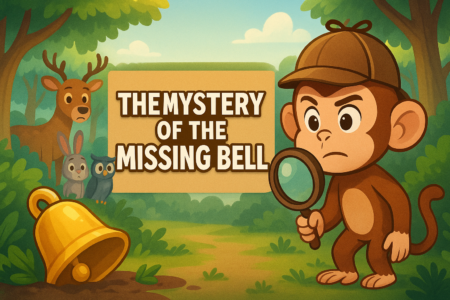In top-level sports, success is the most important factor in evaluating coaches. In professional sports, club owners, directors, and supporters place a higher value on the result (winning) than on the process (performance).
Playing is not coaching, and neither is learning. Yet, among athletic cultures, there is a rather arbitrary idea that a professional playing history is the only prerequisite for being a good coach. This is certainly not the case.
There is no evidence that a person can only coach at the greatest levels if they have participated at those levels. More precisely, no set criterion must be met to be considered for future coaching success.
What part does the playing experience play?

Playing experiences, on the other hand, provide players with an extraordinarily strong opportunity to learn about coaching from their instructors.
Previous research has found that playing experience contributes to coaching abilities linked to sport-specific knowledge, such as technical and tactical elements, as well as a degree of “organizational socialization.” This is where playing fits into a larger apprenticeship: instilling common understandings about parts of a vocation.
These experiences, however, can only provide a limited picture of coaching and may not convey the whole scope of the coach’s responsibility. What is absent are the innumerable hours spent planning and preparing, the intricate orchestration of commitments across all elements of the organization, and the personally demanding reflections that outstanding coaches participate in throughout their careers.
This may help explain why former athletes who go immediately into coaching jobs frequently confront challenges.
The previous playing experience is important. While top-level playing experience is not required, it may play a socializing role in a coach’s growth. However, it does not justify providing ex-players with accelerated promotion through mandatory coach accreditation systems and better job opportunities in coaching.
In the AFL, Michael Voss is a prime illustration of how entering coaching so soon after playing can be dangerous.
Issues and possible solutions
So, what’s the problem with former great players going straight into elite coaching?
For starters, it is inequitable. The scenario is unfair and unjust since there is little reason for favoring recruiting recently retired champions over those with greater levels of credentials and experience.
Similarly, the practice restricts the pool of possible coaches from whom to choose. Individuals and teams at the highest level are all striving for a competitive advantage. Such policies, however, help to maintain the status quo, hinder innovation, and inhibit creativity.
A comprehensive evaluation of what the work of coaching includes, as well as a strong and sensible examination of the match between candidate histories and the job criteria, are best practices for hiring exceptional coaches.
Sports should showcase some of the coaching success stories and celebrate examples of individuals from diverse backgrounds to continue to diversify the potential coaching talent pool.
Bottom Line:
Coaches and people who employ them should understand that learning does not stop just because they are in the top job. In the fast-paced and turbulent world of top athletics, ongoing assistance for learning and development is critical.
Just because you were successful at sports does not imply you can coach without increasing your education and experience. We must be careful not to continue to favor people who are already well-off.







